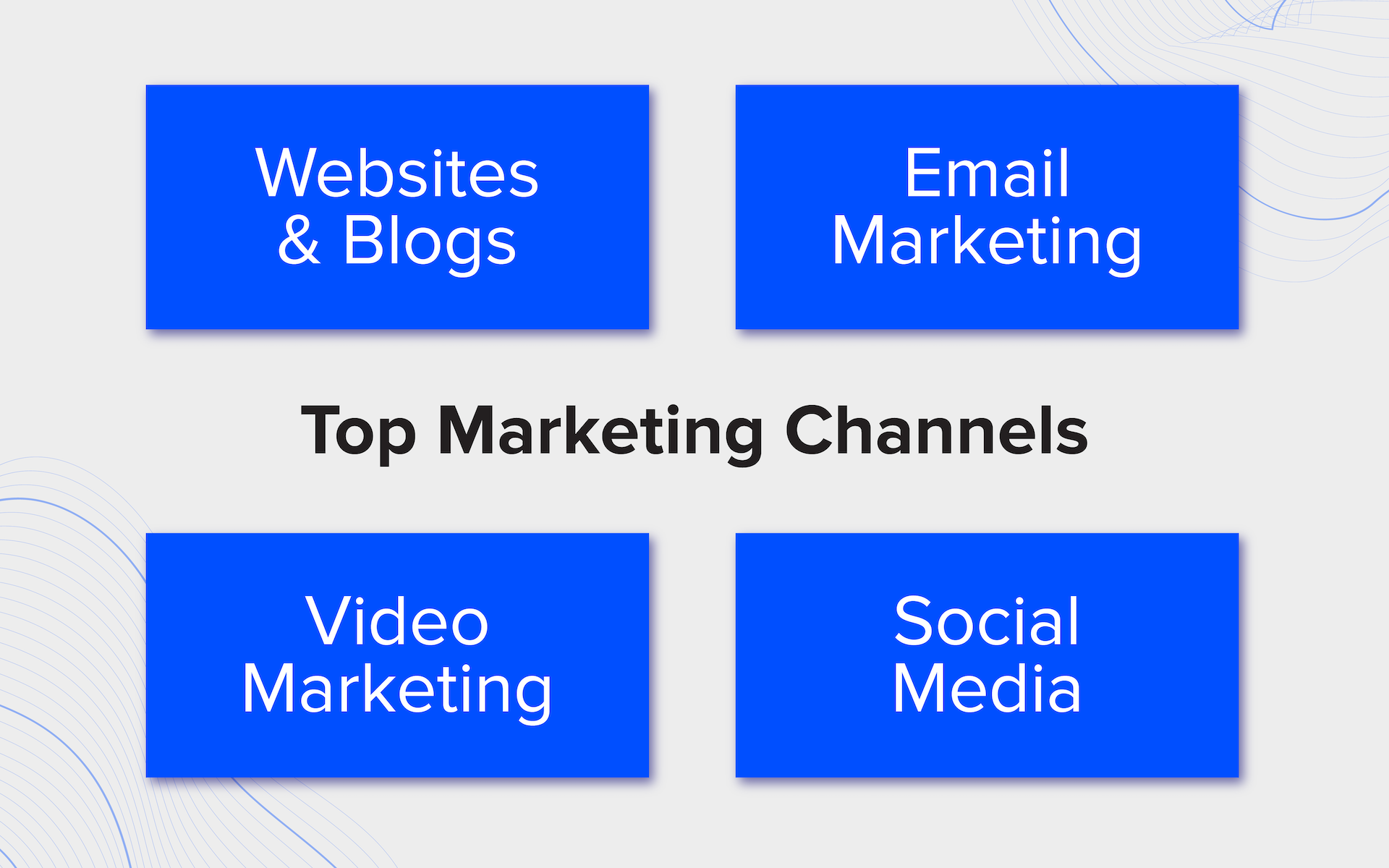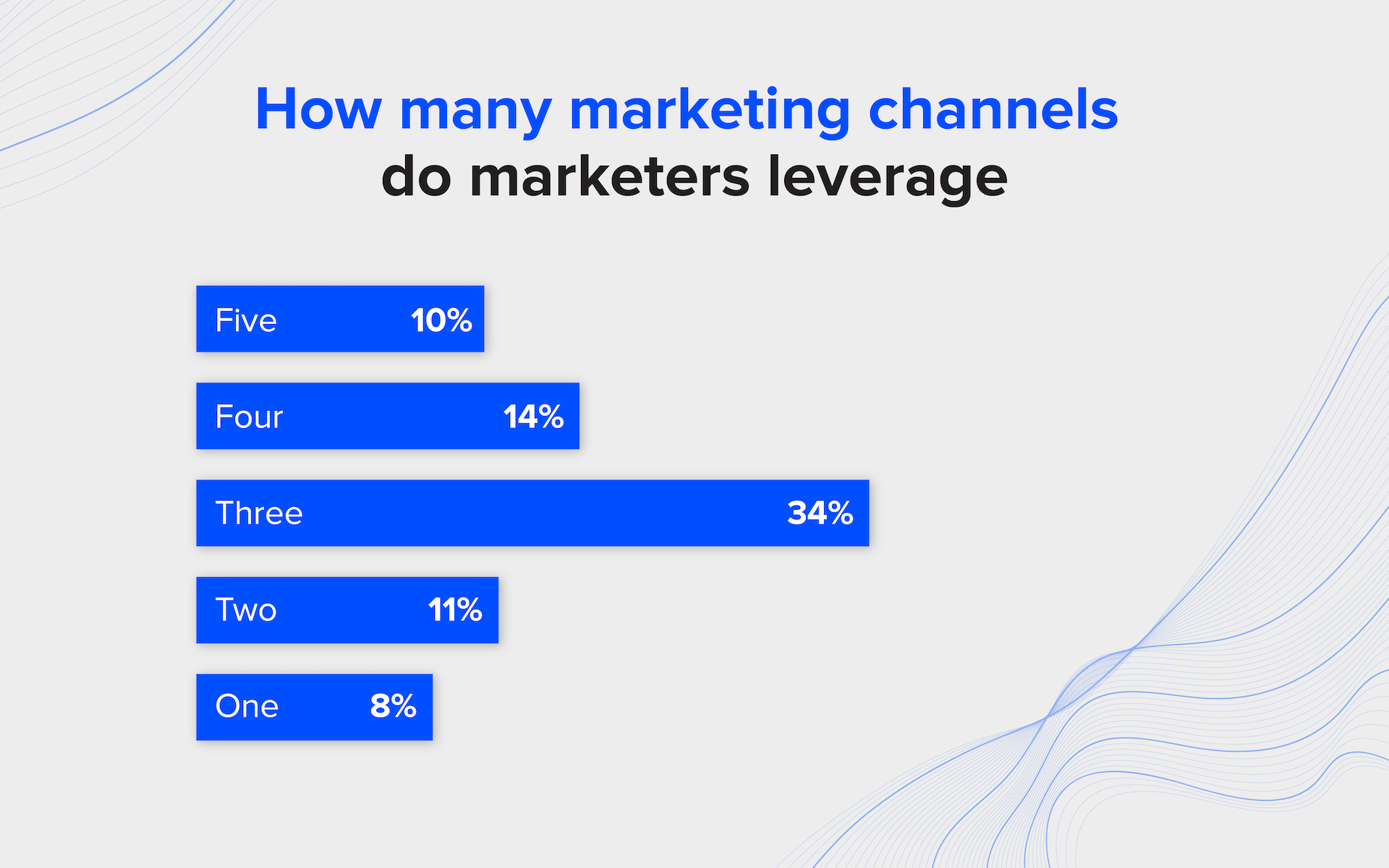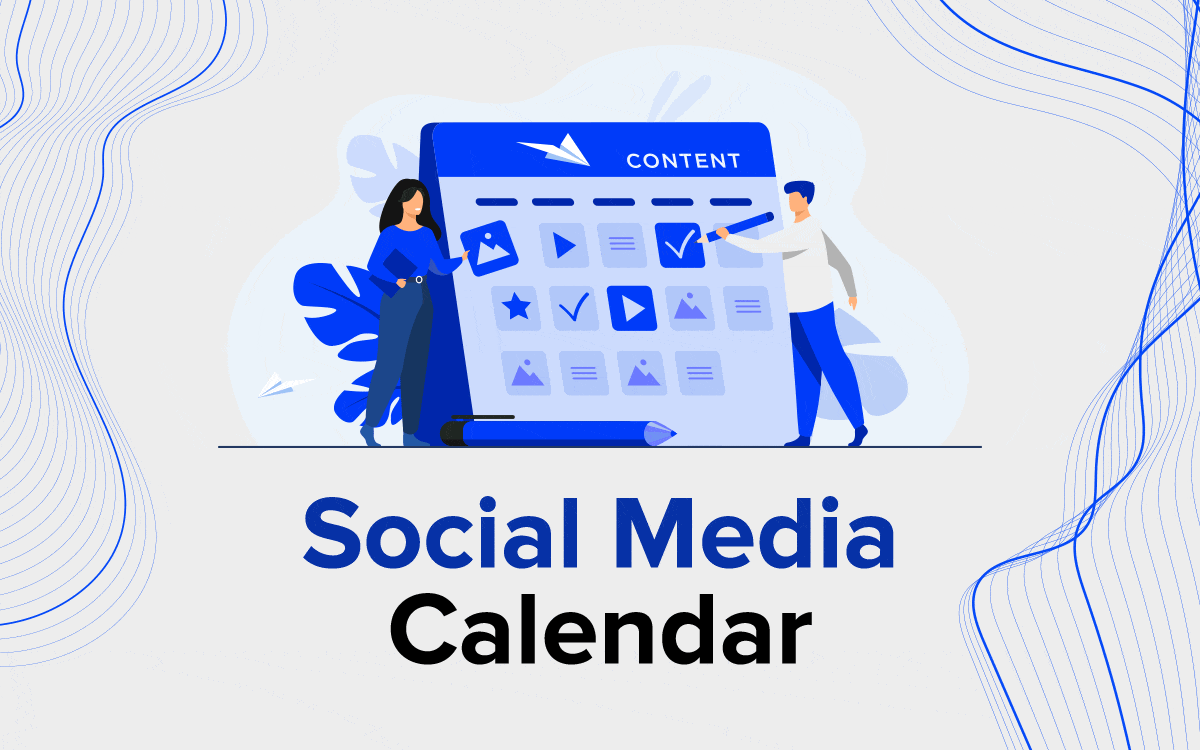What is the Most Effective Marketing Channel for your Business
Last Update: 21 June 2022
In this article, we will discuss some of the most popular and widely used marketing channels available to businesses today. We will also discuss what results you can expect from each channel.
What is a Marketing Channel?

The marketing channel is the practice of working with a third party to take your products or services to market. It’s a faster and more effective method than more traditional growth models, and it can be productive for businesses—large and small—across multiple industries.
Marketing channels are often misunderstood by business owners and marketers. Some think of them as “the” source of revenue, while others consider them an afterthought. But in reality, most companies have multiple channels that work together to bring in customers.
The Most effective Marketing Channel for your Business

No matter the size of your business, there’s a wide range of marketing channels you can tap. But the question is: Are they the right fit for your goals and needs?
To help you answer that, here’s a rundown of the 10 most popular marketing channels modern businesses use today.
1. SEO (Search Engine Optimization)
According to HubSpot, 62% of consumers use a search engine when they want to learn more about a new business, product, or service, while 41% use a search engine when they’re ready to buy.
SEO is one of the most effective ways to get your website in front of consumers. As a marketing channel, it’s important to optimize the search engine results page since this can lead to higher traffic to your company’s website. There are a variety of strategies that relate to SEO marketing and the specific strategies you implement depend on your target audience, your product and your sales goals.
SEO is a type of digital marketing that involves optimizing web pages so that they rank higher in search engines like Google. It’s an important element because most people use search engines when looking for something online — more than half of all online experiences start with a search engine. This means that if you want more eyes on your website, you’ll need to ensure it ranks highly in organic search results so that people can find it without having to dig too deeply into paid advertising. Check our guide how to improve SEO ranking for your website. that can help you to implement best practices to improve your website rankings.
2. Video Marketing
Video marketing is a powerful way to connect with your audience. It can boost conversions, improve ROI, and help you build relationships with audience members. Video is the top media format marketers leverage their strategies. In addition, 69% of consumers prefer to learn about what a brand offers through video.
In fact, according to WordStream, 80% of buyers want to see a video before doing business with a company. Video marketing is more important than ever before and it’s something you should consider if you haven’t already.
3. Email marketing
Email is a channel that touches every customer in your business. It’s an opportunity to build relationships with people who have already shown interest in your product and are more likely to buy.
Email marketing is one of the most effective ways to grow your business, drive sales and increase customer retention.
According to the Radicati Group’s Email Statistics Report, there are over 4.3 billion email accounts worldwide (as of 2018), and this number is expected to increase by nearly 100 million by 2023. This makes sense. How many people without an email address do you actually know? Not many, right?
Email is also one of the most cost-effective ways to reach customers. According to a study conducted by Adestra, email marketing has an average ROI of $38 for every $1 spent on it (compared to social media at $1 per $1 spent).
In addition, email marketing allows you to personalize communication with each customer, so that they feel like they’re talking directly with a real person rather than getting a generic message from someone they don’t know very well.
4. Influencer Marketing

Influencer marketing is when a business partners with a relevant, popular creator in their industry to put out advertisements or specific pieces of content. It’s a valuable marketing channel, and 71% of marketers say that the quality of traffic generated from influencer marketing is better than other ad formats.
It’s also one of the fastest-growing areas of digital marketing. In fact, it grew by 103% in 2018 alone.
Influencers can have a huge impact on your brand and product — even if they don’t mention your company outright. The main benefits include increasing brand awareness, generating leads, and driving sales.
5. Social Media Marketing
Social media has become a powerful marketing tool for businesses. According to statistics compiled by wearesocial.com, social media users around the world total approximately 3.5 billion in 2019, with Facebook still the number one social media platform for increasing your online following and connecting with customers.
Social media marketing leverages the use of social networks such as Facebook, Twitter, LinkedIn, Instagram, YouTube, Snapchat, and Pinterest to build your brand, grow your following, establish relationships, and generate sales.
6. Word of mouth marketing (WOMM)
Word of mouth marketing (WOMM) is the process of generating and spreading word-of-mouth recommendations between friends and family.
The concept of WOMM is based on the idea that people are more inclined to trust information they hear from a friend or acquaintance than they are from a company or brand. WOMM relies on customers talking about their own experiences with a product or service, rather than hearing messages directly from the company.
WOMM can be defined as “a marketing technique in which a company encourages its existing customers to promote its products and services by positive word-of-mouth referrals.” The goal is for customers to share their positive experiences with others, creating increased awareness for the product or service, as well as increased sales.
7. Online advertising
Online advertising uses the internet to promote a product, service, or marketing message. Online ads are generally found on sites like Google, Facebook, Instagram, Twitter, and individual websites. Online advertising types include:
Search Advertising — Search advertising includes both paid search and organic search results. An advertiser pays when someone clicks on an ad that was shown in response to a search query.
Display Advertising — Display advertising includes banner ads (image or text), rich media ads (video or audio), native advertising (banners that look like editorial content), and video ads.
Mobile Advertising — Mobile advertising refers to mobile devices including smartphones and tablets. Mobile ads can be based on a user’s physical location through GPS technology or on the content of web pages being viewed by the user such as with retargeting ads that follow users from one site to another.
Social Media Advertising — Social media advertising appears in the form of promoted posts within social networks such as Facebook and Twitter. This type of advertising allows brands to connect with their audience through popular social networks without having to build their own platform from scratch.
Which Marketing Channels that most effective for your business ?
There are many different ways to market a business, but there are some that are more effective than others. The best marketing channels for your business will depend on what you’re selling, where you’re selling it and who you’re selling it to.
A few years ago, the most common approach was to focus on one marketing channel at a time — say, search engine optimization (SEO) or paid search ads. While it may seem best to focus your efforts and investments on one single marketing channel, that strategy no longer suffices. In fact, HubSpot research shows that 92% of marketers leverage more than one channel, and 81% leverage more than three.
 Source : Hubspot.com
Source : Hubspot.com
Marketing channels have evolved over time, which makes it even more challenging to determine which ones are best suited for your business. To help make sense of it all, let’s have call with Neu Entity as Marketing Agency partner to take a look which marketing channels that right for your business.
Let’s Talk!
If what you see here is relevant for you and can help you grow your business or organisation, we’d love to discuss further with you. Drop us a message or schedule an appointment with us.
